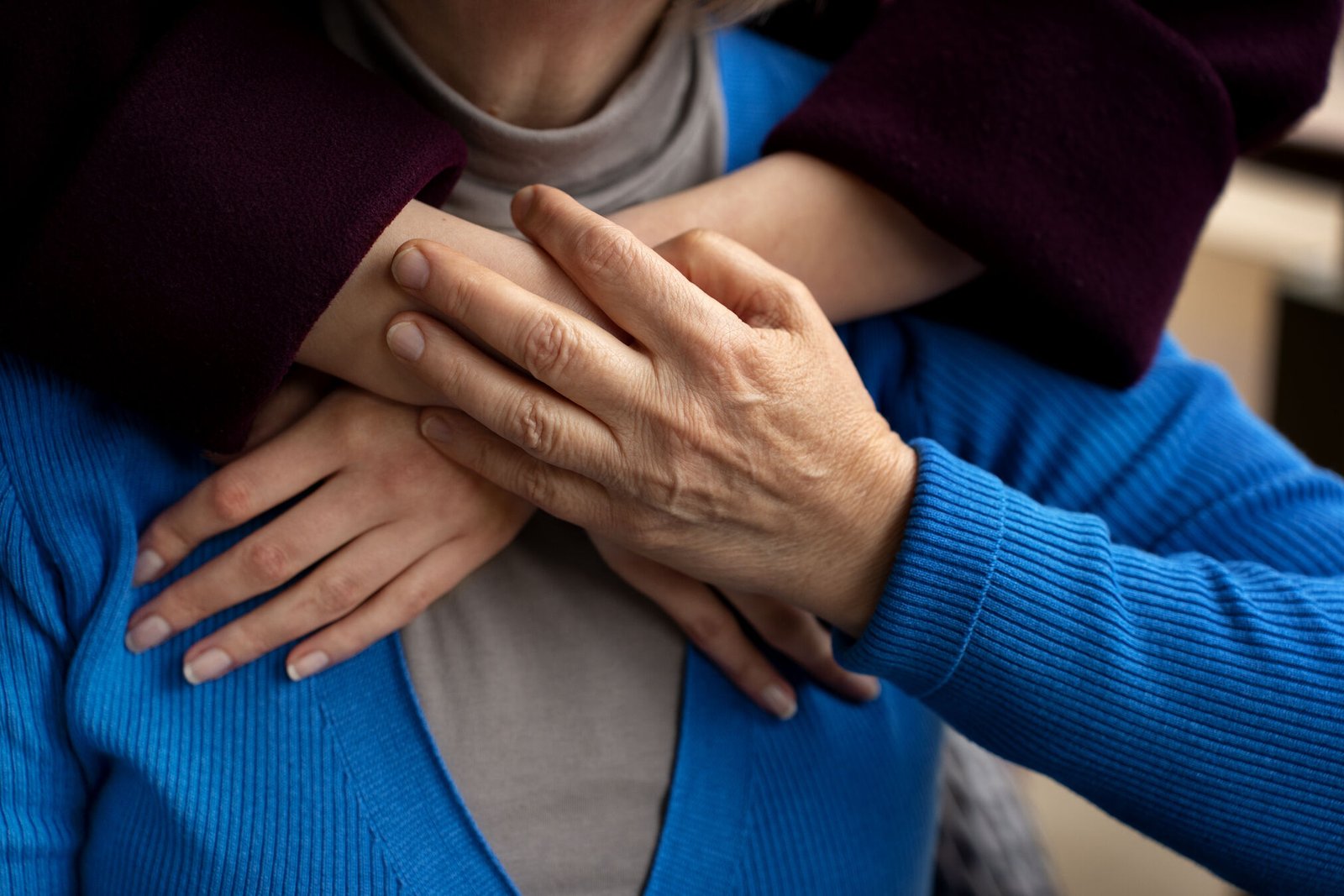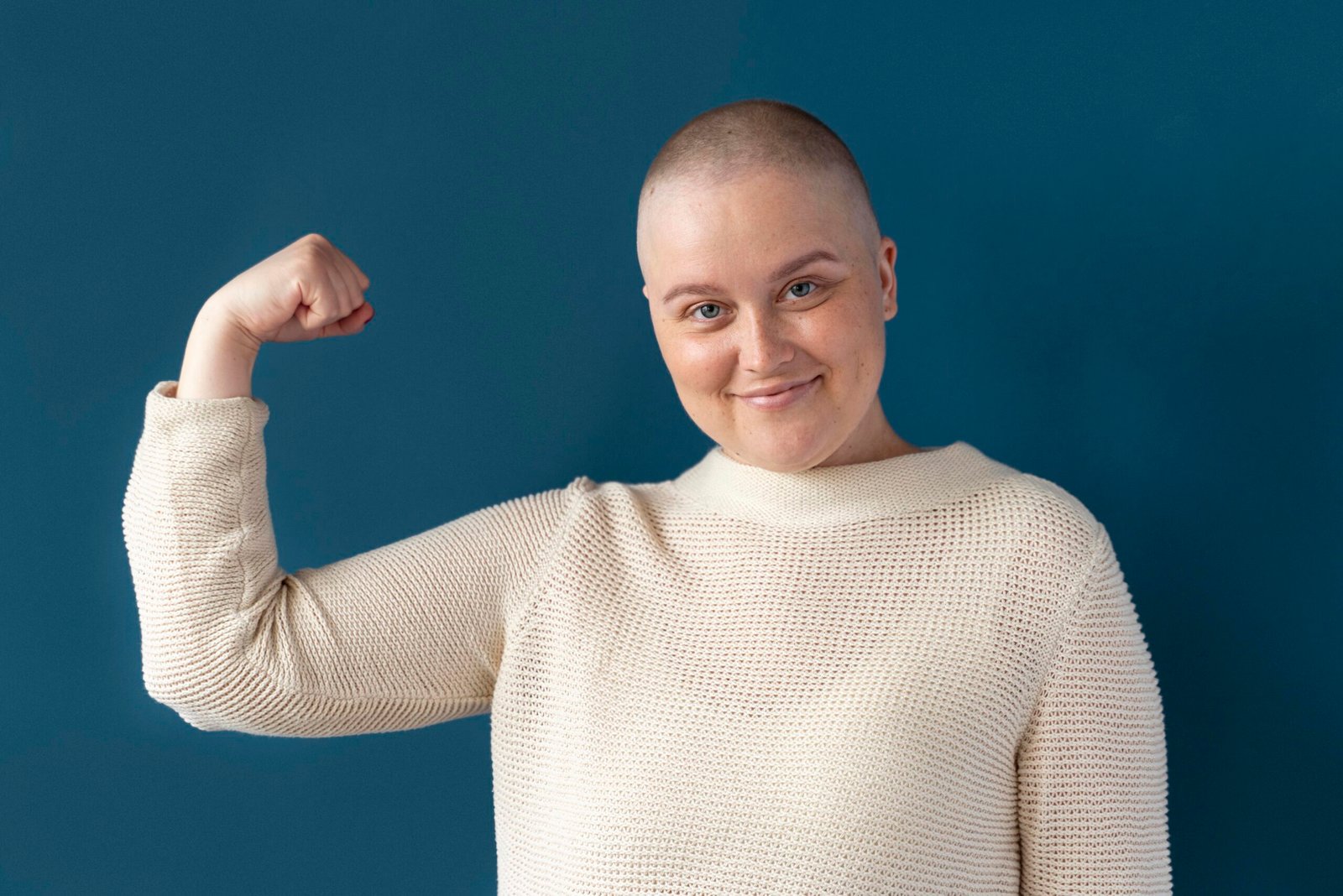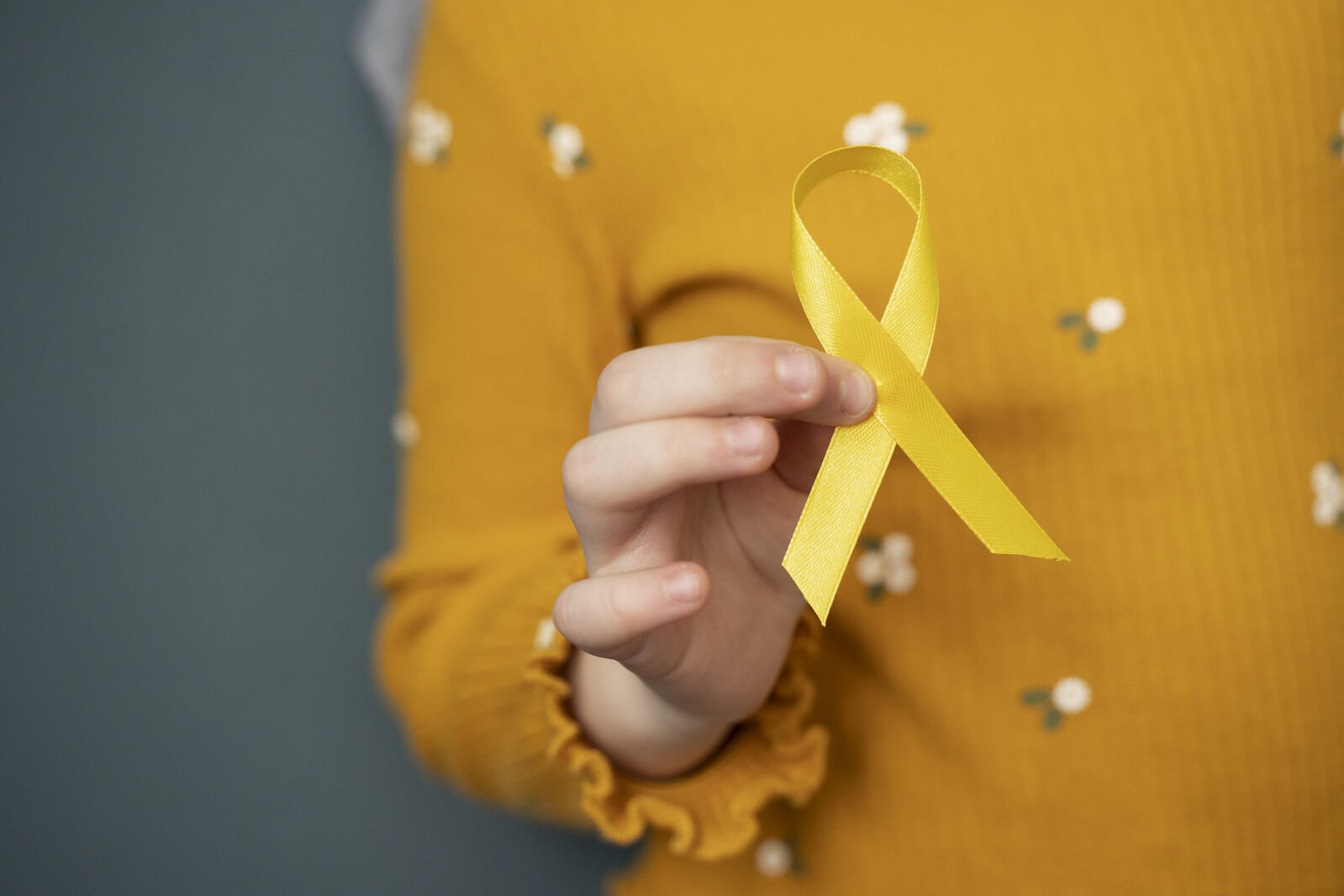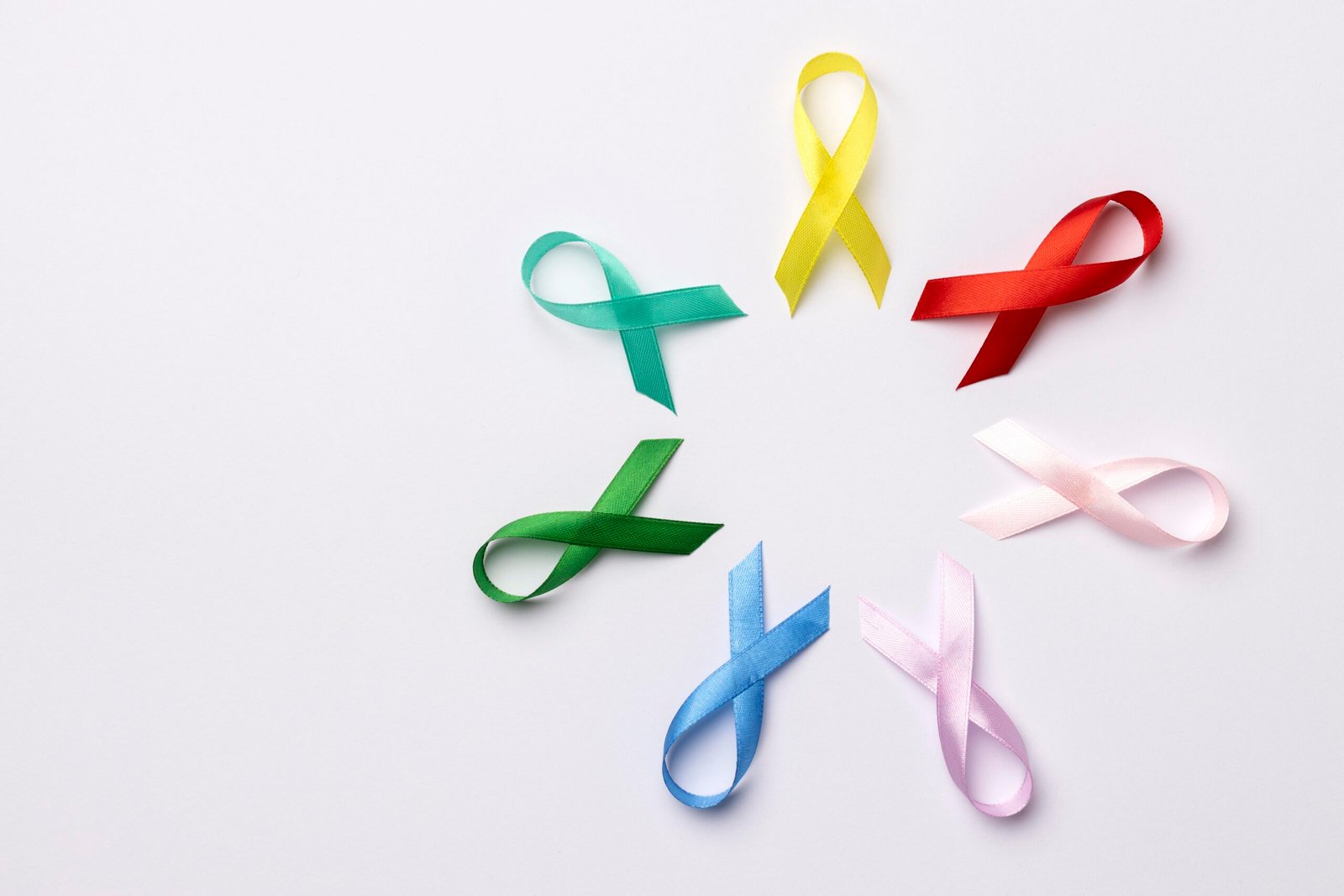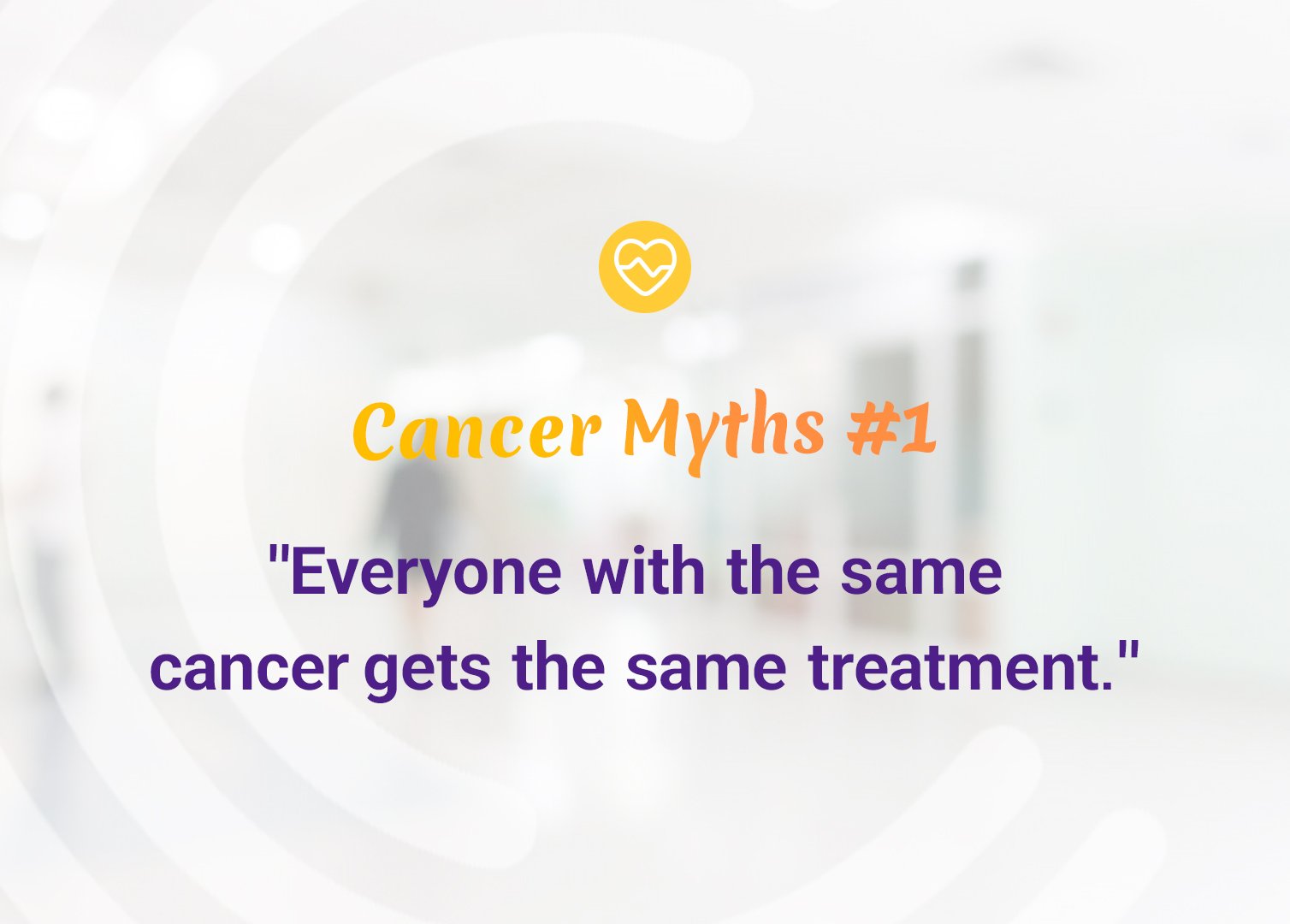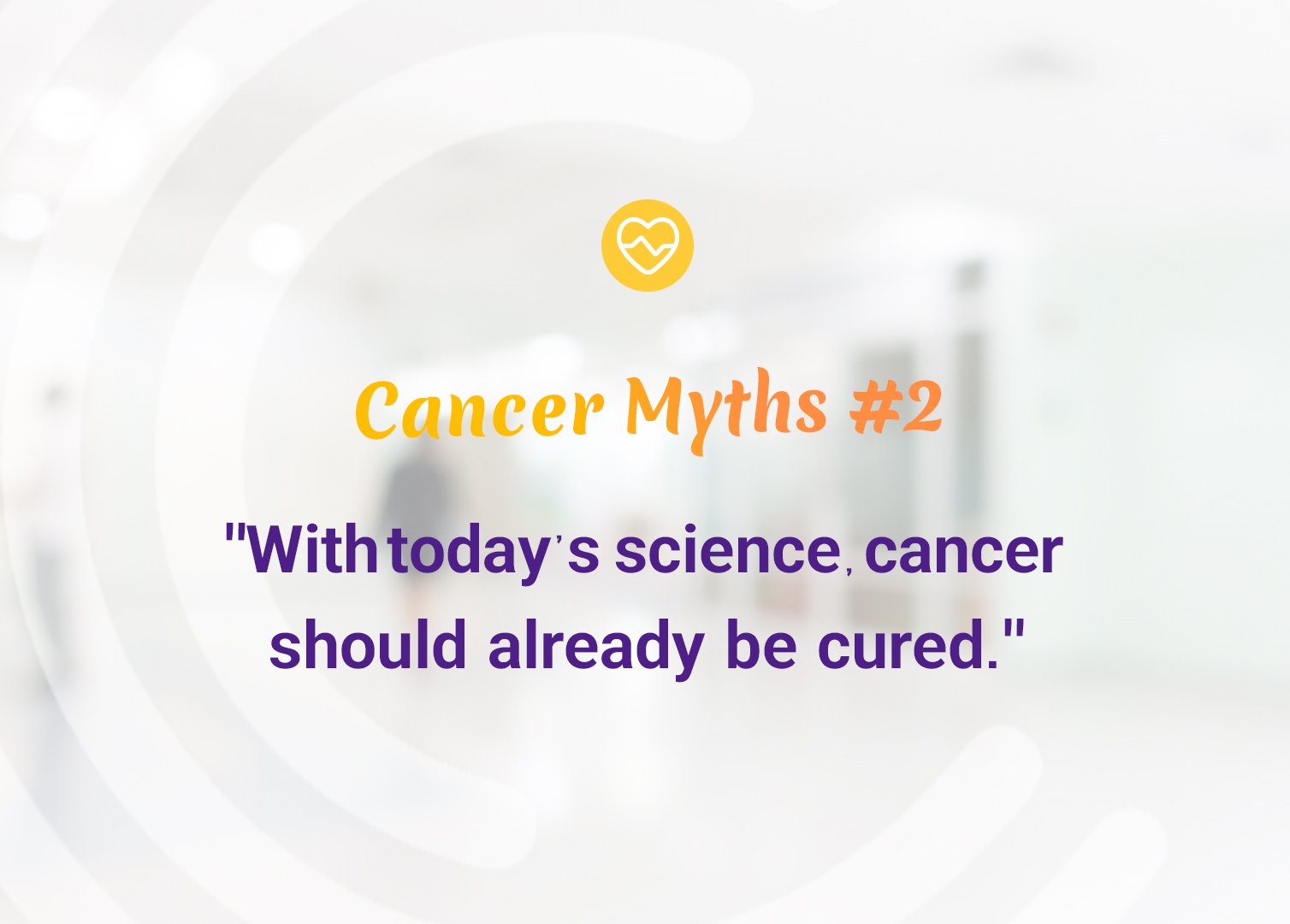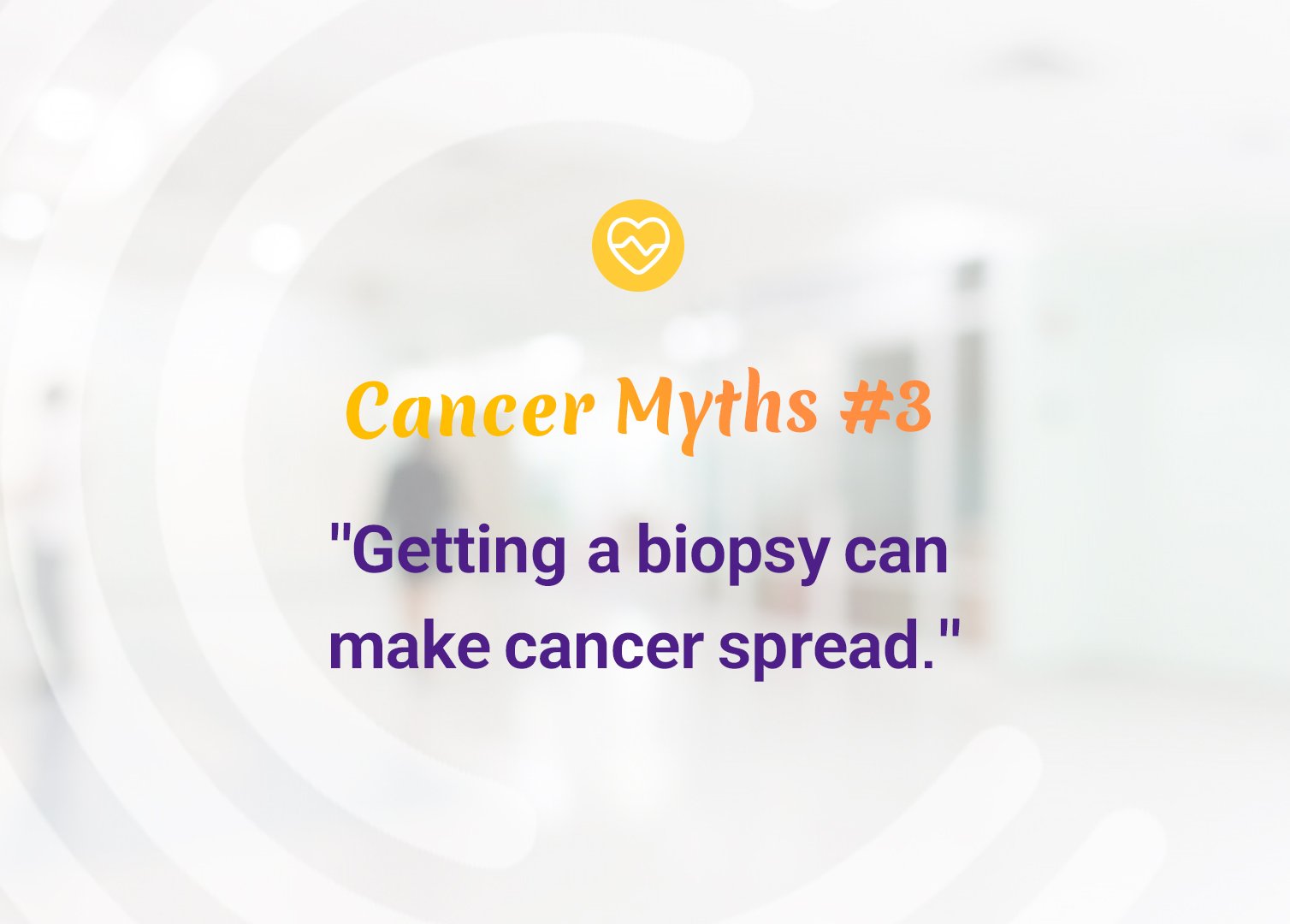Introduction
Starting chemotherapy often brings a wave of questions, and fears. One of the most common is:
“What side effects will I have… and how bad will they be?”
At Oncore, we believe that clear, honest information can ease fear and help you feel more prepared. While side effects vary from person to person, some are more common than others, and some need urgent care.
In this guide, we’ll walk you through:
- Which side effects are expected
- Which signs should be taken seriously
- How your care team can help you manage them
Why Chemotherapy Has Side Effects
Chemotherapy targets fast-dividing cells, which includes cancer cells, but also some healthy cells in the:
- Digestive system
- Hair follicles
- Bone marrow (which produces blood cells)
That’s why chemo often affects your energy, appetite, digestion, and hair. It’s not a sign that something’s gone wrong, but it does mean your body needs support.
Common Chemotherapy Side Effects (and How to Manage Them)
These symptoms are typical and usually manageable with medication, rest, and care.
Fatigue
- Often described as a deep, persistent tiredness
- Can last for days after each treatment cycle
- Naps, hydration, and light activity (like walking) may help
Nausea or Vomiting
- Usually worst in the first 24–48 hours post-infusion
- Anti-nausea medication is routinely prescribed
- Eat small meals and avoid strong odors if possible
Hair Loss (Alopecia)
- Often starts 2–3 weeks after starting treatment
- Not all chemo drugs cause hair loss
- Hair typically begins to regrow a few weeks after treatment ends
Mouth Sores
- Can make eating uncomfortable
- Use soft-bristle toothbrushes and avoid acidic or spicy foods
- Your care team may recommend special mouth rinses
Lowered Blood Counts
- May lead to anemia, infections, or bruising
- You might feel cold, tired, or get frequent colds
- Blood tests will be done regularly to monitor this
Diarrhea or Constipation
- Changes in bowel habits are common
- Ask your doctor before taking over-the-counter remedies
Side Effects That May Need Urgent Medical Attention
While many side effects are manageable, some can signal serious complications. Contact your care team immediately if you experience:
Fever above 38°C (100.4°F)
This could signal a dangerous infection, especially if your white blood cell count is low.
Shortness of Breath or Chest Pain
Could indicate blood clots or heart strain.
Severe Diarrhea or Dehydration
May require IV fluids and medication.
Confusion, Vision Changes, or Severe Headaches
Could be signs of neurologic complications.
Bleeding That Doesn’t Stop
Especially nosebleeds, blood in urine or stool, or heavy bruising.
Tip: If you’re ever unsure whether something is “serious,” call your care team. It’s always better to check.
What Influences Your Side Effects?
Not every person reacts the same way. Side effects depend on:
- The type and dose of chemotherapy
- Your age and overall health
- Whether you’re receiving other treatments (like radiation or immunotherapy)
- Your genetic profile (which can affect how your body processes drugs)
That’s why follow-up care, lab tests, and communication with your oncologist are essential.
